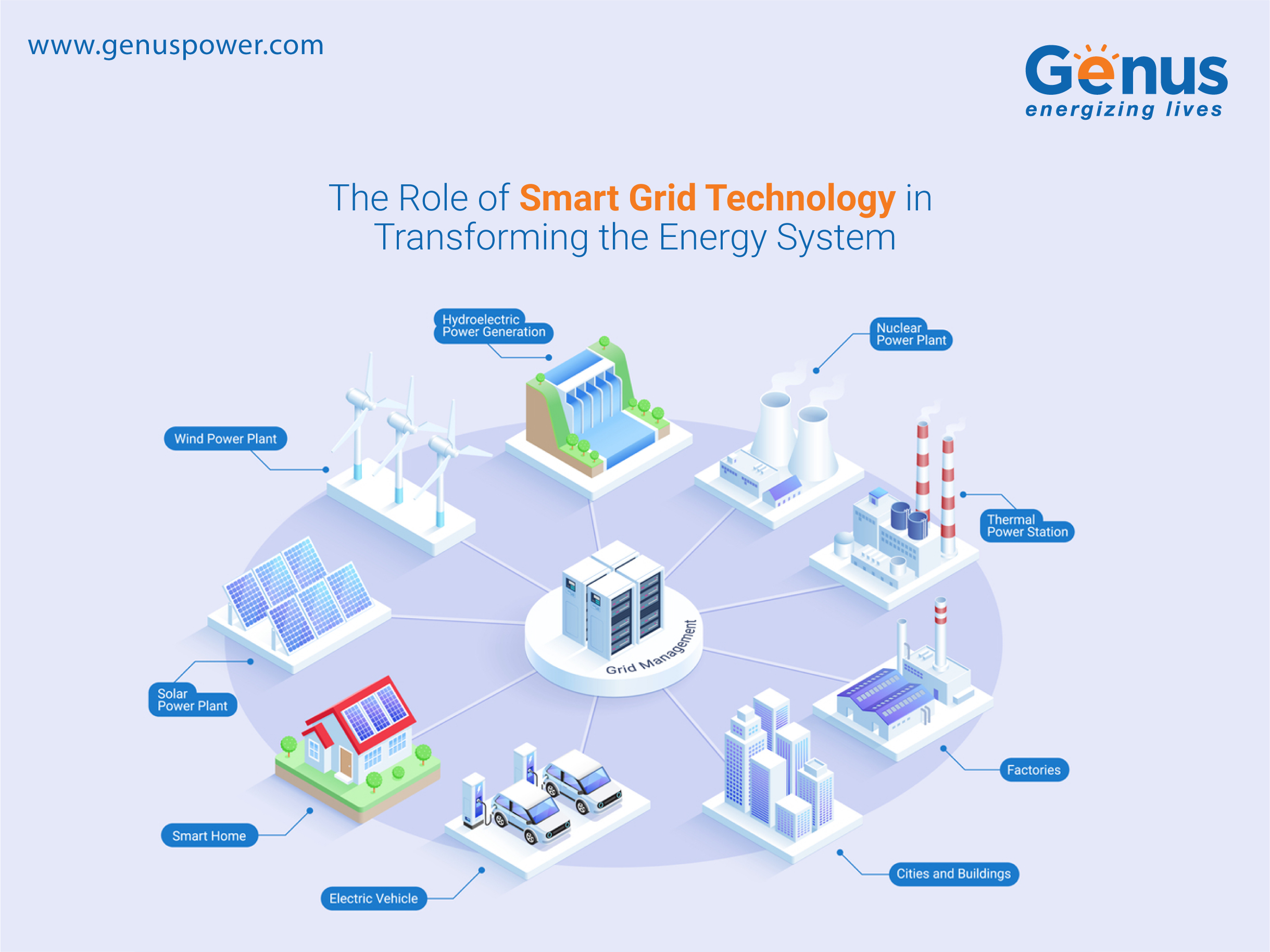
Since the industry is constantly changing and shifting towards a new era of reliable and efficient power production, the introduction of smart technologies has given rise to various new opportunities in the power sector.
With each passing day, new opportunities emerge as the energy system embraces the era of intelligence. Today, we no longer solely depend on fossil fuels for power generation. It was a method that was not only inefficient but also unsustainable. However, the introduction of smart technologies has revolutionized power production, bringing unprecedented reliability and efficiency.
These technologies seamlessly connect different parts of the power grid, allowing for intelligent communication, advanced monitoring, and real-time decision-making, opening up exciting new possibilities.
What makes smart grid solutions is their ability to communicate with both the utility and its customers, facilitating the seamless exchange of information. This two-way interaction enables greater efficiency and reliability in distributing power.
Similar to the complex network of the Internet, the smart grid connects controls, computers, automation, and advanced technologies. However, in this context, these technological advancements work in conjunction with the electrical grid to digitally respond to our ever-changing electricity needs.
But why is the shift from fossil fuels to the smart grid so crucial?
Well, it all comes down to the big problems our world is facing right now. Climate change, running out of resources, and the need for more electricity. The traditional energy system that relies on fossil fuels is simply not sustainable in the long run. However, with smart technologies at our disposal, we have the tools to revolutionize the way we produce, distribute, and consume energy.
To begin with, a smart grid is an intelligent and interconnected network that enables bidirectional communication between power providers and consumers. It utilizes sensors, meters, and other advanced devices to collect real-time data on electricity generation, consumption, and grid performance. This data is then analyzed and used to make informed decisions regarding energy management and distribution.
So, how can smart grid technology bring about such a transformative change? Let’s find out in the pointers mentioned below:
Smart grids will empower consumers by providing them with real-time information about their energy consumption. Through the deployment of smart meters and home energy management systems, consumers can monitor their usage patterns, identify energy-saving opportunities, and make informed decisions about their energy consumption.
Start your journey towards energy conservation and sustainability by installing a Genus meter in your home and enjoy the advantages of reduced electricity bills and real-time energy data.
Smart grid technology has the ability to optimize energy efficiency with the help of real-time data monitoring and analytics. Smart grids can identify and reduce energy losses, improve load management, and minimize downtime. This increased efficiency translates to cost savings for both consumers and utility companies, as well as a reduced environmental impact.
As the world is embracing renewable energy sources, smart grids play a pivotal role in their seamless integration into the existing energy system. With their capacity to effectively manage decentralized power generation from sources like solar panels and wind turbines, smart grids ensure a smooth and efficient transition to renewable energy. This integration paves the way for a cleaner, more sustainable energy mix, reducing our reliance on fossil fuels and controlling harmful greenhouse gas emissions.
Traditional power grids are highly liable to damage caused by natural disasters, device failures, and cyberattacks. On the other hand, smart grids are designed to be more resilient and reliable.
With advanced monitoring and self-healing capabilities, smart grids can detect and respond to faults, reroute power to minimize disruptions, and quickly restore services in the event of an outage. This increased reliability ensures a more stable and secure energy supply for both residential and commercial users.
Based on your energy system, you need the correct energy meter for your home. There are two types of energy meters which are: Single phase meter and 3 phase energy meter.
The single-phase energy meter is the go-to choice for every energy system set up for residential buildings and small commercial spaces. It is designed to measure the electricity consumption of single-phase power systems, which are commonly found in most homes. This type of energy meter accurately records the amount of energy consumed by your household appliances and lighting fixtures, ensuring that you are billed correctly and promoting energy conservation.
For larger residential properties, commercial spaces, or industries, the three-phase energy meter is the ideal solution. This meter is designed to handle higher energy loads and is suitable for three-phase connections. With its advanced technology, the three-phase energy meter accurately measures energy consumption across all three phases, providing you with a comprehensive view of your energy usage.
A 3-phase energy meter from Genus Power comes equipped with smart features ensuring that you have complete control over your energy consumption and can optimize it to minimize waste. A 3 phase meter box India plays a crucial role in ensuring reliable and efficient power distribution across various sectors. It allows for seamless integration into the existing power infrastructure, enabling effective monitoring and management of energy consumption.
The transformative power of smart grid technology cannot be overstated. Embracing the power of smart grids will undoubtedly lead to a brighter and more sustainable tomorrow.
Take a step today and get your hands on Genus Power’s wide range of smart meters that are designed to help you build a sustainable and reliable energy infrastructure.
Visit our website today!